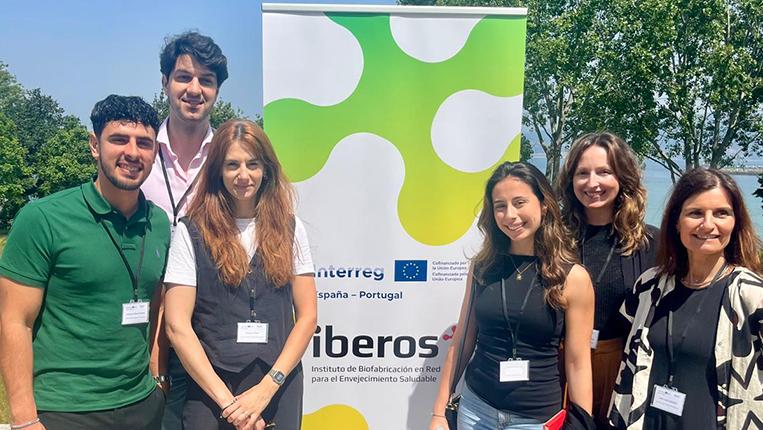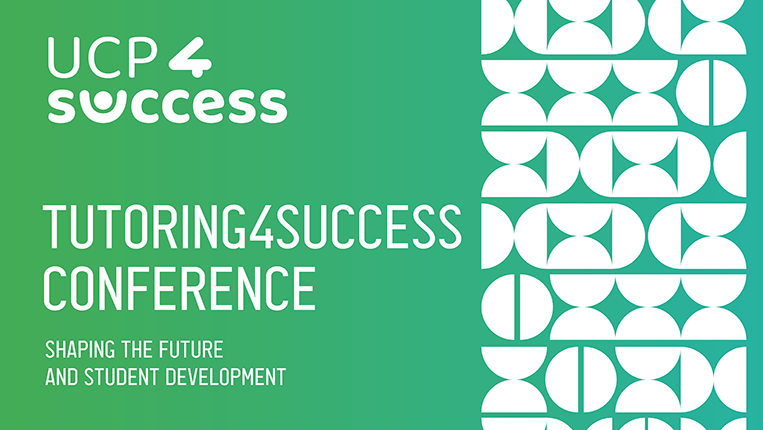The city of Vigo hosted, on May 30th, the 4th IBEROS+ Conference, bringing together the 17 research groups that make up the Cross-border Biofabrication Institute for Healthy Ageing (IBEROS+), as well as representatives from companies and innovation centres from Galicia and Northern Portugal. The goal was clear: to share scientific progress, identify synergies, and foster new collaborations in the field of biofabrication.
Throughout the conference, members of the consortium presented their areas of expertise and ongoing research, with particular focus on advanced therapies, 3D bioprinting, and tissue and organ engineering.
The opening session was led by Lorena Boquete, representing the Galician Centre for the Manufacture of Advanced Therapies (Galaria), who emphasised the importance of translating advances in biofabrication into clinical solutions with direct public health impact.
Daniel Nieto presented the projects of the Advanced Biofabrication Laboratory at CICA (University of A Coruña), focused on translational bioengineering and innovation in bioprinting. María Gloria Álvarez introduced the work of the 3D printing platform at the Institute of Biomedical Research of A Coruña (INIBIC), specialising in medical device prototyping and international collaborations.
The role of the business sector was highlighted by Loli Pereiro, Director of Bioga – the Galician Life Sciences Cluster – who stressed the contribution of companies and R&D centres in driving technology transfer across sectors such as agri-food, biomaterials, bioprocesses, and biomedicine.
During the event, IBEROS+ consortium members also shared updates on their ongoing collaborative projects, as well as initial contributions to the forthcoming White Paper on Biofabrication. This strategic document aims to anticipate trends and support informed decision-making by researchers, policy makers, and businesses in the Galicia–Northern Portugal Euroregion, in light of a rapidly growing market.
Ana Leite Oliveira, researcher at the Centre for Biotechnology and Fine Chemistry (CBQF) of the Faculty of Biotechnology, underlined the importance of this network for ongoing research:
“The IBEROS+ network has been instrumental for our Biomaterials and Biomedical Technology Group in building strategic partnerships in technically complementary areas, completing the development cycle of the materials and technologies we are working on. For example, validating the immune response of our materials to ensure their safety and efficacy has been made possible through collaboration with the research group led by África González at the University of Vigo, thanks to her recognised expertise in the field.”
The conference once again highlighted the value of cross-border collaboration networks in accelerating innovation and positioning the Euroregion as a European reference in regenerative medicine, bioprinting, and bioengineering.









